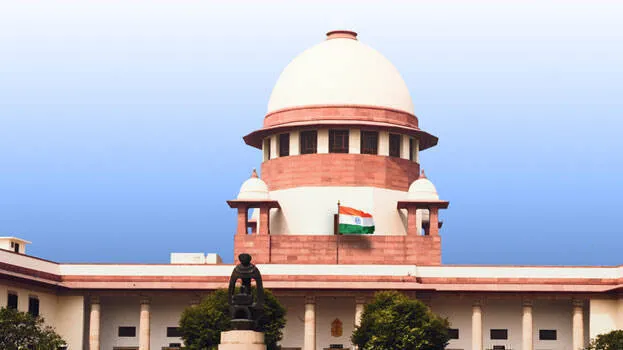

The Supreme Court verdict has effectively nullified a major support system — the government scholarship that once enabled meritorious students from economically disadvantaged families to pursue education in high-fee self-financing medical colleges. Previously, the government funded these scholarships by collecting an additional Rs 5 lakh as excess fees from students admitted under the NRI quota. This amount was then redirected to offer scholarships to financially weaker students. However, the High Court, and now the Supreme Court, have ruled that this practice amounts to cross-subsidisation and is therefore illegal.
At the same time,, the High Court had also stated in its verdict that the excess fees collected so far need not be refunded to the self-financing managements. However, it was the petition filed by the self-financing medical college managements challenging this that has now resulted in a major setback for the government and a blow to underprivileged students. The managements of these institutions claim that each college is owed up to Rs 35 crore under this scholarship scheme, which covers students from BPL (Below Poverty Line), Scheduled Castes, OBC (Other Backward Classes), and OEC (Other Eligible Communities). The Supreme Court has now ordered that the excess fee collected from NRI students and transferred to the government must be returned to the respective college managements within three months. While the ruling permits the use of this fund for tuition concessions for BPL students, it strictly prohibits refunding the amount to the NRI students.
The Court also made it clear that if fee concessions are to be given to poor students in self-financing colleges, the responsibility lies with the college managements — not the government. It stated that the managements can collect additional fees from NRI students and manage those funds themselves. However, the government has the authority to introduce specific legislation regarding such practices. The problem arose because the government had implemented this scholarship model not through legislation, but via a circular issued based on the recommendation of the Fee Regulatory Committee — a move the courts found inadequate. To continue offering these scholarships, a dedicated law must now be enacted. Due to the stay order issued by the High Court in July 2020, students admitted from the 2018–19 academic year onwards have not received any such benefits.
This crisis could have been avoided had the government secured legal protection for the policy when it decided to use excess NRI fees to support poor students. Instead, by relying solely on an administrative circular, the government invited judicial scrutiny — ultimately leading to the discontinuation of scholarships for many deserving students. Issues like medical admissions, fee regulation, and scholarship distribution directly impact thousands of students and are inherently complex. Going forward, the government must handle such matters with greater care and avoid steps that could lead to legal challenges. The need for legislative action on this issue is urgent and cannot be delayed any further.